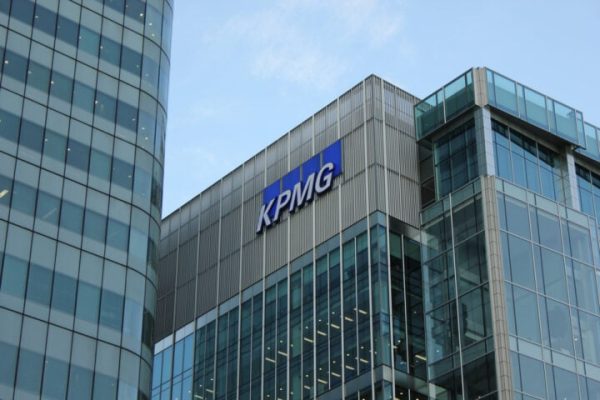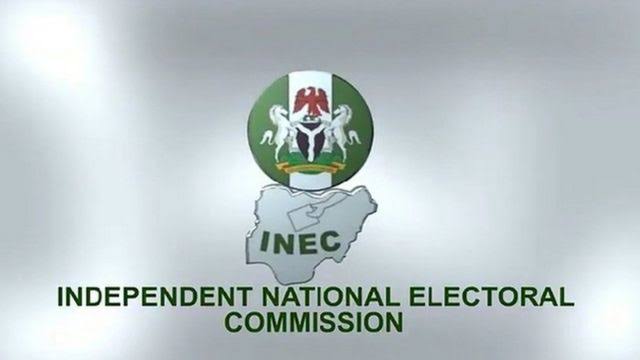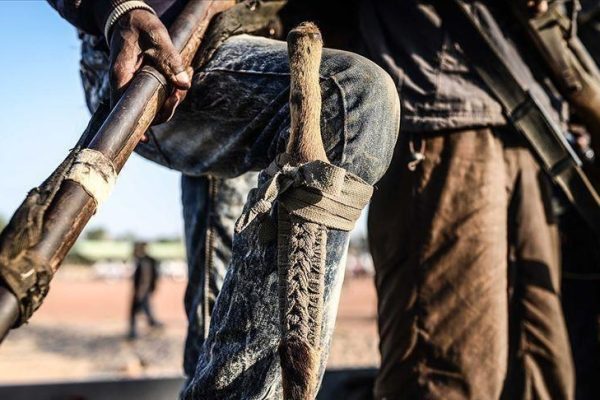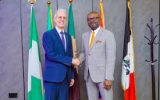by Alexander O. Onukwue
The Advanced Peoples Democratic Party (APDA) wants you to see it as people-driven, focused, and totally committed to building a new peaceful Nigeria.
At its unveiling on the 5th of June, 2017, Mallam Shittu Muhammed Kabiru, the interim National Chairman of the party, and Dan Iwuanyanwu, gave addresses which contained an explainer of the purpose and mission of the new political party.
What does it contain and how different would it be from PDP and the APC? We take a look:
The Vision
“To move Nigeria out of the prevailing atmosphere of political frustration, economic stagnation, leadership failure and betrayal of the popular will and aspirations of the Nigerian masses.”
The Party of Inclusion
“APDA stands for an inclusive Nigerian society based on the principles of freedom, equality, solidarity, diversity, equality and fairness.”
Flowing from the principle of inclusion, according to the address, will be dedication towards social justice, decreased unemployment and a commitment to making the markets fair.
Old things are passed
“For the avoidance of doubt, APDA represents a FRESH OPPORTUNITY on a whole NEW PLATFORM for a NEW GENERATION of COMMITTED and CAPABLE LEADERS” (Emphasis in the original text).
An insistence that this is not going to be a branch of the PDP, the text makes a second mention of the need for “political frustration” and “leadership failure” to be done away with in a “NEW NIGERIA”. The party wants to be seen as new, but surely acknowledges the travails that have necessitated the move to the present destination.
Ideology
“A just, peaceful and democratic Nigeria, free from hunger and premised on freedom of justice” which, according to the Party, involves protecting the rights of all citizens, protection of lives and property, and guaranteeing the freedom of association and self expression.
Dan Iwuanyanwu, while acknowledging that this would add to the number of parties already on INEC’s roll, promoted APDA as an avenue for “new ideas, a new alignment, new energy and new pragmatic approaches”. It does sound liberal enough in language, and there is the distinct mention of hunger – a concern in this particular period of recession – and also matches one main target of the United Nations Sustainability Development Goals. Will this ideology be pursued with be matched with the requisite action in the heat of the moments?
The Agenda
The APDA agenda contains specific numbers on how power within the party is to be distributed in an affirmative action pattern, with 25% reserved for the Youth (no age specification), 30% for Women and 5% for the physically challenged. This lives 40% for Men. They also will employ Direct Primaries for all elective positions in the party, to do away with what they termed the “undesirable influence of godfathers and shadowy groups”. Members of the party will be captured on a biometric database that will cover every part of the Country and voting for all positions will be done by bio-metric means. Will citizens be willing to give away their details on another platform yet again?
An Electoral College System?
According to Dan Iwuanyanwu, “APDA is the first and only political party that has introduced the Electoral College System for the election of our party Presidential candidate and Chairman”. There were no details on how this would be implemented. How does that align with the Direct Primaries method? And would an Electoral College method not require reliance on Delegates, which eventually leads to “godfatherism and shadowy powers”?
A structured Zoning Formula
Still in Iwuanwyanwu’s speech, the President, under APDA, will be rotated between the North and South with each Geo-Political zone having a turn. Same rotation will be applied for State Governors across Senatorial districts and Chairmanship of Local Governments across three zones within each Local Government. Should they have gone a notch further to specify what they would do in the case of deceased sitting President from a zone?
With the tag ‘Stronger Together’, the APDA wants to assume the appearance of a team out to unite Nigeria. As it is not yet fully formed with a substantive Working Committee, it will be interesting to see how it develops, watching to see who joins next and from where.
















